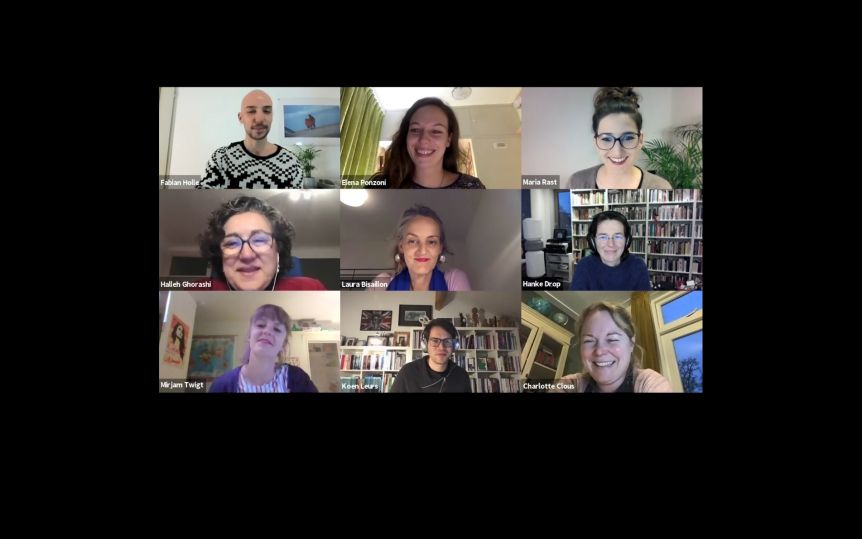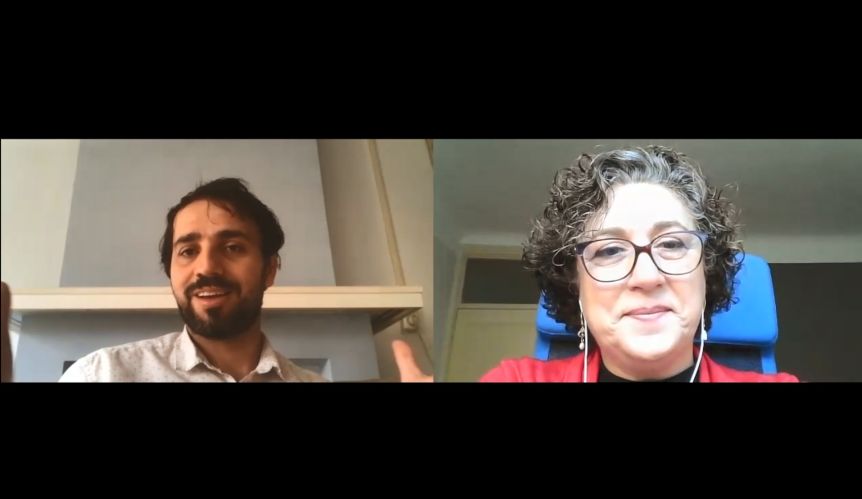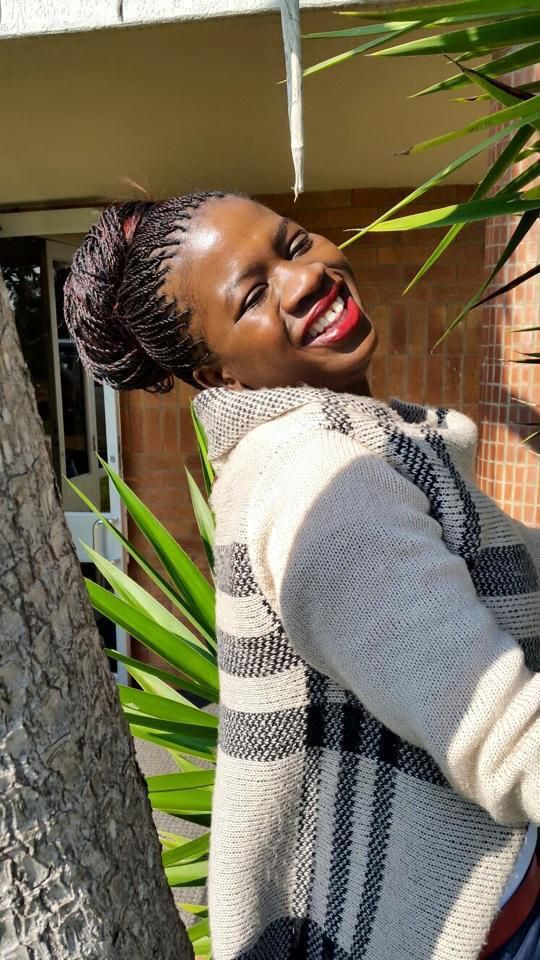Podcast Narratives of Change
Welcome everybody to Narratives of Change, the podcast that looks at how academics can make a real difference in society. In this podcast, we present and discuss real stories that spur reflection. Stories that make something visible that wasn’t visible before. Stories that might be unsettling and uncomfortable, but that bring transformation and hope…
Narratives of Change is the monthly podcast of our research project Engaged Scholarship and Narratives of Change. A project in which we explore the opportunities and challenges of engaged scholarship in the Netherlands, South Africa, and the United States.
Rooted in decolonial and feminist theories and practices and armed with emancipatory and activist research traditions, we discuss those transformative and critical forms of academic work that have the ambition and capacity to stimulate reflection, inclusion and, above all, change.
Our research asks questions such as
- How do we make sure that our research isn’t another exploitative and traumatizing experience for the people we work with? Or should we say, work for? How can our research instead be a restorative and healing experience?
- In other words: how can we ensure that our research really benefits our research participants?
- And how can participatory arts-based methods help us in this?
We ask:
- How to unsettle and redesign power relations in order to truly co-create knowledge? How do we become aware our own blind spots? And what role does reflectivity play in this?
- How do we address normalized discourses of exclusion and use our analytical knowledge for the actual inclusion of underprivileged groups?

In a matter of weeks, COVID-19 has become a global pandemic. In the meantime, millions of people have become infected, and even more have been impacted by the socio-economic measures taken to contain the pandemic. While the virus itself does not discriminate based on age, race, income, or immigration status, these categories still determine who is more likely to get infected, recover or die from the virus, as well as be most impacted by the socio-economic measures taken to contain it.

Today, we listen to the stories of Younes Younes and Halleh Ghorashi. How did they experience the Dutch social and political atmosphere? What role has engaged scholarship played in their lives? And, how can engaged scholarship contribute to addressing issues in regard to the inclusion and exclusion of refugees in society?

